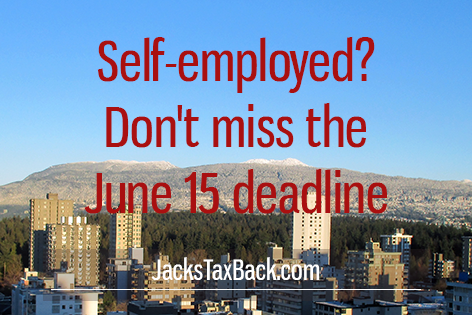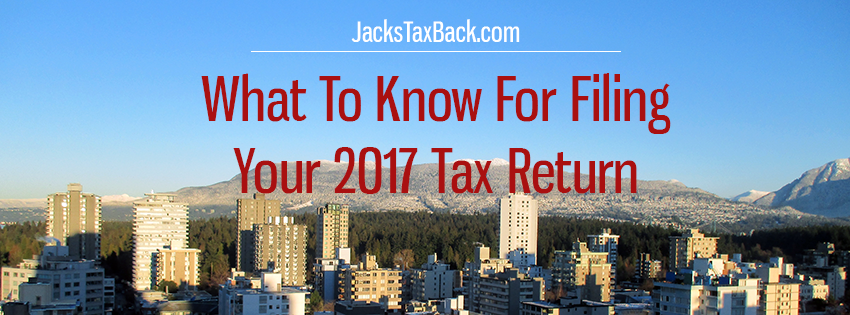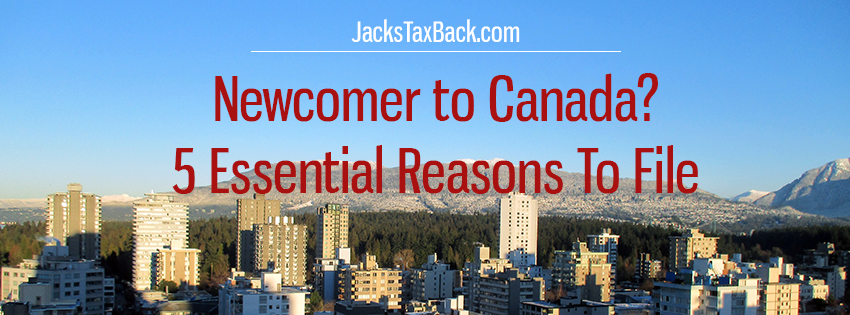If you are thinking of becoming a contractor, self-employed or a sole-proprietor one of the most important things you should be aware of is GST, and your GST obligations. Filing GST is as important as filing your tax return, and should be taken seriously. Failure to charge, file and remit GST can be very costly with penalties and fees from CRA.
What is GST?
Goods and services tax (GST) is a 5% tax that is charged on top of the cost of goods and services provided within BC. You will see GST being charged on receipts for GST qualifying items that have been purchased.
Who needs to charge GST?
If you are a contractor, self-employed, sole-proprietor, partnership or corporation selling goods or providing services within BC, and expect to record sales over $30k within a 12-month period, you are required to charge GST on those goods or services. There are some types of services and goods which are GST exempt, it would be wise to contact an accountant to see if your product or service is GST exempt.
What do you do with the GST received?
If you have identified that your service qualifies for GST, and have successfully applied for your GST number through CRA you can start charging GST to your clients. Unfortunately, the GST collected from your clients is not free money. You will be required to remit the GST to CRA, depending on your annual revenue you will be required to remit monthly, quarterly or annually.
Be organized, keep receipts
When you file your GST return, you will also be required to keep all supporting documentation for your claim that is filed. You should treat it the same as filing a tax return, as audits by CRA can happen. If CRA request evidence of your GST charged or ITCs (Input tax credits) claimed, you will be required to send information to CRA. Failure to produce the information requested from an audit may result in penalties being imposed by CRA, and future audits are more likely if you have been unable to provide them with evidence.
Benefits of filing with a professional
When filing a GST return you need to be sure that the claim filed with CRA is correct. If CRA perform an audit and the information provided shows that there has been an error with the claim, there may be penalties. Having an accountant or tax return specialist file your GST return will ensure that an accurate GST return is filed. An accountant or tax return specialist will make sure that all available ITCs are claimed, which will result in the best possible financial outcome for the GST return being filed. Some accountants (ourselves included) will assist with CRA audits, and will assist with navigating audits by offering advice and preparing correspondence.
Questions
If you have any queries related to your GST responsibilities, or about filing/remitting your GST to CRA please get in contact. The team and Jacks Tax Back will be more than happy to answer any questions you may have, as well as providing a GST filing/remitting service for you. Tax doesn’t have to be taxing.






